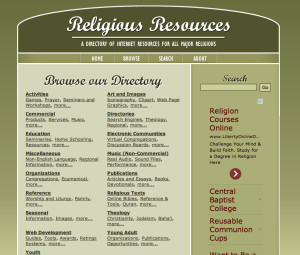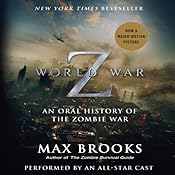End of an era
I first got on the internet in 1995. I spent my evenings on my new Windows 95 PC exploring this new wonder via 28.8 kbps modem. I had been working with the SGML document format at work, so the HTML of the web came easily to me. Like many people at that time, I had my own web site on GeoCities.
I decided to create a web site for the church that Katie was serving as a minister at the time. While working on the site, I came across a set of web pages that listed, in categories, pretty much all religious-related web sites existing at that time–the web was still small enough that such an endeavor was possible. For some reason, I emailed the site’s creator, Susan Brumbaugh, and we became email friends.
Susan was working on her Ph.D. In sociology at the time and spent her days at a Sun workstation at the university, which meant that she was one of the very first people to get internet access. Like me, Susan was learning to author web pages and had decided to create a web site for the church she was attending. But Susan was (still is?) a collector, and as she explored the web, she created a catalog of the sites she ran across. So was born her site ‘Religious Resources on the Net.’
By 1996 or so, I had moved on from learning HTML to web programming in Perl. Susan’s directory of religious web sites was an obvious choice for converting from a set of static web pages to a database-driven web site. So, I converted it to Perl CGI and a flat-file database. Susan could add, edit, and delete sites by editing the text file. At some point, we acquired the domain religiousresources.org and moved the site there.
In about 2002 or so, I was learning the LAMP technology stack, so again I migrated the site to PHP and a MySQL database with a full-fledged administrative interface for Susan to review submitted sites and manage the site. I also redesigned the site at that time, and I have to say that, in my biased opinion, at least, the design has held up pretty well for a decade:
Through all of this, Susan maintained the list of sites as a labor of love. Eventually, she went from finding sites herself to taking submissions. But she still reviewed each submission for suitability to her standards for the site, appropriate description and inclusion in the appropriate category. As the web grew, this became a big job.
Throughout the early years, we explored options for making at least enough money from the site to pay for its hosting. We considered and rejected banner ads back when they were popular. We found them too distracting, and the potential for ad revenue didn’t seem very good. However, when targeted Google AdWords ads came along, we found something that would earn us some money and would actually be an improvement to the site’s visitors. Since the purpose of our site was to help its visitors find resources elsewhere, relevant ads actually added options for our site’s visitors.
Eventually, Susan’s and my interests changed: we had families, changed jobs and cities, etc. Combined with the ever increasing number of submissions for inclusion in the directory, we eventually got hopelessly behind in reviewing submissions. Eventually, we quit taking new submissions since we were not dealing with the existing ones.
After several years of neglect, as the sites in our directory got older and more irrelevant, we have finally made the tough decision to shut down the site. Susan and I have done other interesting web work over the years and formed an enduring friendship and business partnership . It’s been a good run, but it’s time for this chapter to come to an end.



